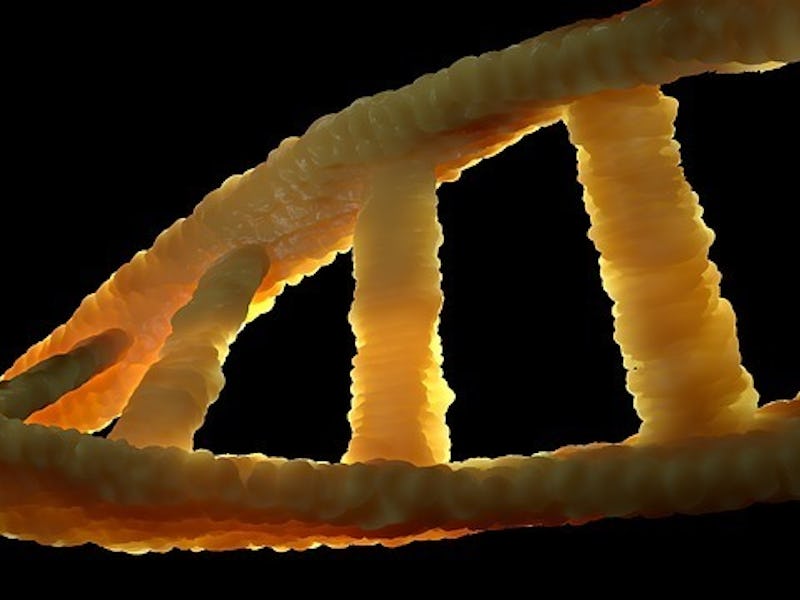
A leading expert on human longevity has claimed that a longer lifespan is just around the corner. “If we can live another 30 years from today, I think eventually, forget it, lifespan becomes indefinite,” Peter Diamandis said.
Diamandis was speaking on Monday at the global summit of Singularity University in California, a think tank that he founded to solve grand challenges facing the species. His other venture, Human Longevity, launched in 2013 to “change the face of aging.” It’s fair to say he’s done his homework on human lifespans.
He explained that human lifespan was initially restricted by food scarcity. Once you had kids, there was good reason to stop living. “If you were still alive after age 26, you were taking food out of the mouths of your grandchildren, and that was actually a negative factor in the survival of your genomes,” he said.
The trends are in Diamandis’ favor. The average life expectancy for most of human history was only mid-to-late 20s. Today, the OECD predicts the average life expectancy for an American born in 2013 is 78.8 years, around triple that of earlier generations.
To do this, Diamandis wants a two-pronged approach. Stem cells, which can change into any cell in the body, can be used to regenerate parts that grow less efficient over time. Human Longevity research has found that stem cells decrease over time, while the ones that remain grow less efficient. “So your repair mechanisms no longer work well!” he said.
Alongside stem cell research, mapping a person’s genome can explain to healthcare professionals what sort of aging conditions an individual may face, stopping potential genetic conditions ahead of time.
At the same show, Diamandis also spoke about the possibility of nanomachines eventually tapping into consciousness, a hypothetical step that could extend human lifespans further by uploading minds into machines. It all sounds impressive, but unfortunately, Diamandis did not appear to have a solution for what humans should do with all this new time they’ll have.